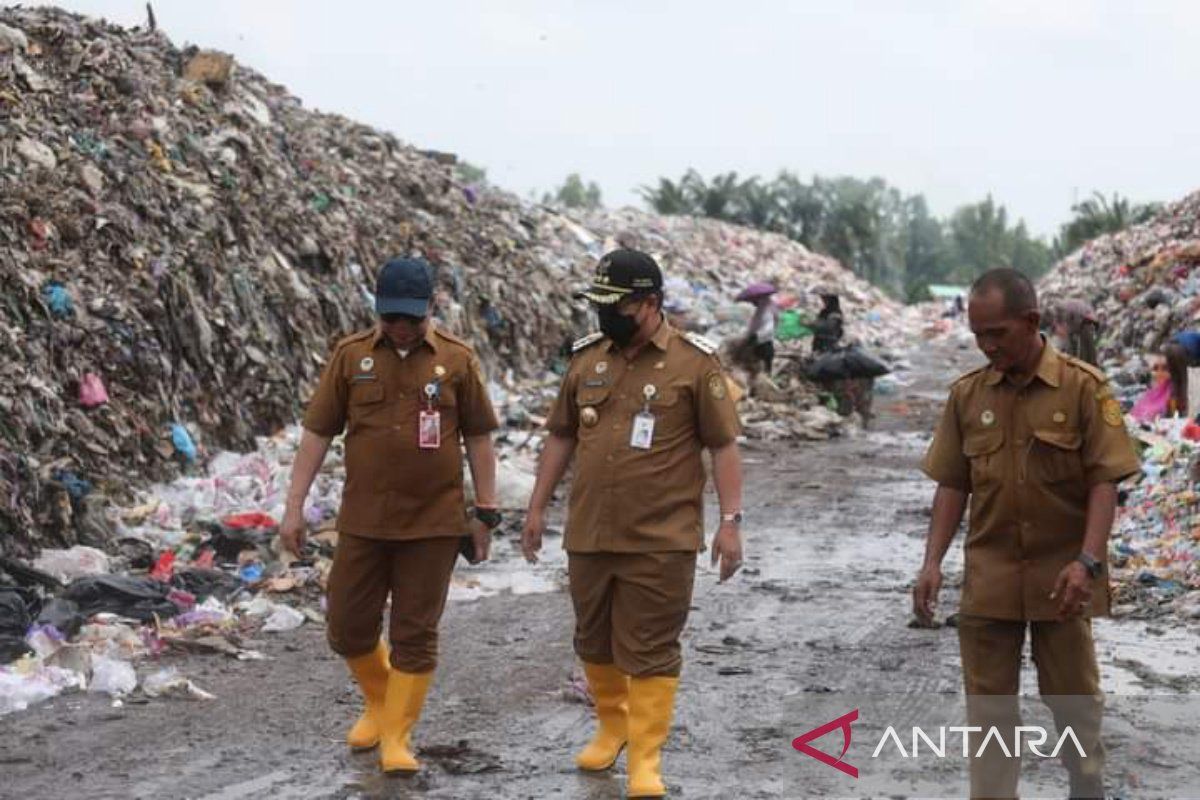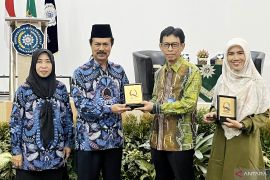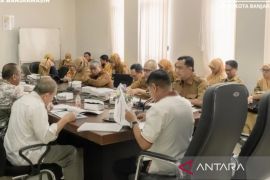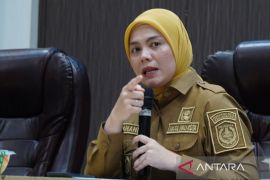Banjarmasin, S Kalimatan (ANTARA) - The Banjarmasin City Environment Office (DLH) has built a maggot or black fly larvae cultivation house to produce animal feed in the final waste disposal of Basirih, South Banjarmasin.
Secretary of the office Wahyu Hadi Cahyono here on Monday said, the maggot house utilizes organic waste in the landfill. "Because a lot of organic waste is thrown away at the Basirih landfill," he said.
The development of maggot house in Basirih landfill was inspired by the the waste management processing site of reduce, reuse, and recycle (TPS-3R) or TPST in Tanjung Pagar.
"TPST Tanjung Pagar by using about 1 ton of organic waste has succeeded in maggot cultivation," he said.
Read also: Ministry bestows Banjarmasin Very Innovative City Award
The succees of TPST Tanjung Pagar was also assisted by the Banjarmasin Ukhuwah Integrated Islamic School. The cultivated maggots were used for animal feed in the school.
If maggot house in Basirih is successful, he said, it will produce a lot, and it market share is available.
"The demand reaches 2 tonnes per month and we will explore it. So, as we go along, we already know where the yields will go," he said.
Maggot house is also an effort to handle wste in the city, which production is around 650 tonnes per day, some of which is organic wste.
Banjarmasin government will collborate with community to cultivate maggots, so organic waste has economic value for community welfare.
Previously Banjarmasin Mayor H Ibnu Sina said, Wahyu quoted, if maggot cultivation is successful it will make people aware of th eimportance of separating organic and inorganic waste.
Inorganic waste is used to make handicrafts, while organic one is used to cultivate maggots.
"So everything can be used," he said.
Read also: Banjarmasin wastewater company plants trees to save water










